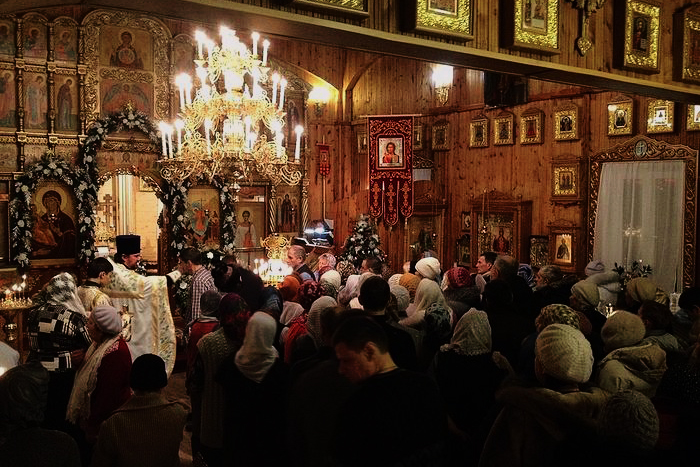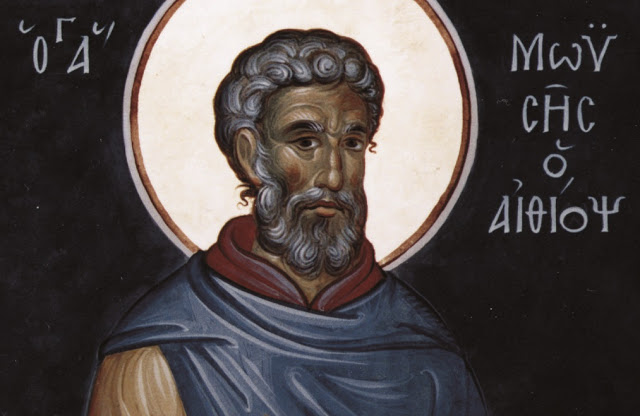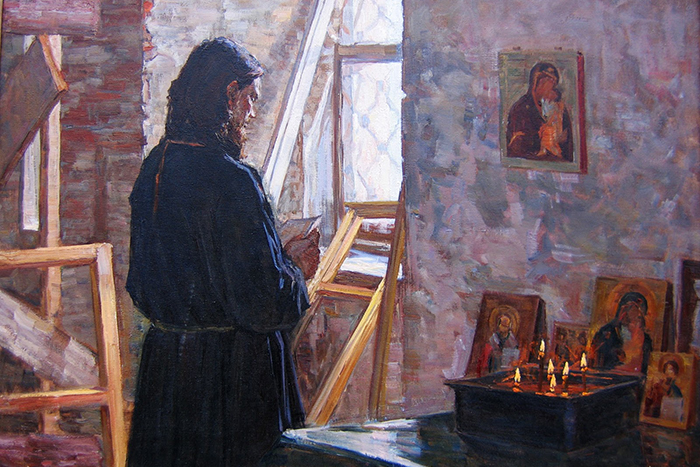
If you want to leave the Divine Liturgy at any time, of course, no one will pull you back by force. What matters, however, is whether it is useful for you.
The Divine Liturgy is not just a set of fine prayers and profound rituals. You can’t single out the more important parts and distinguish them from the less important parts. The Liturgy is a single, continuous prayer. It can be compared to a whole organism. Just as an organism without one organ is lacking and sick, so too is a Liturgy without prayer. That is why those who try to curtail the Divine Liturgy due to human “infirmity” are very wrong.
Hence, this digression naturally leads us the answer to the above question. After all, if the Liturgy can not be abridged, it means that a person should pray throughout the entire Liturgy, and not only during some of its parts. In addition, such a question would also leave the members of the early Church puzzled: how can one be praying during the Liturgy and not take communion in the end?
By and large, if we listen attentively to liturgical prayers, we cannot help but notice that they are all aimed at one thing: we ask God to make us partakers of His Pure Body and Sacred Blood. Therefore, if we pray together with the rest of the congregation that God would bring us to Himself through the Eucharist but then, when the priest comes out of the sanctuary with the Gifts, we simply turn around and go out of the temple, it means that we were basically praying for something other than what other believers were praying for during the Liturgy. In this case, it does not matter when we leave the church: whether it be after the Lord’s Prayer or at the very beginning of the divine service.
Translated by The Catalogue of Good Deeds
Source: https://pravlife.org/ru/content/mozhno-li-uhodit-s-liturgii-srazu-posle-molitvy-otche-nash-esli-ne-prichashchaeshsya



